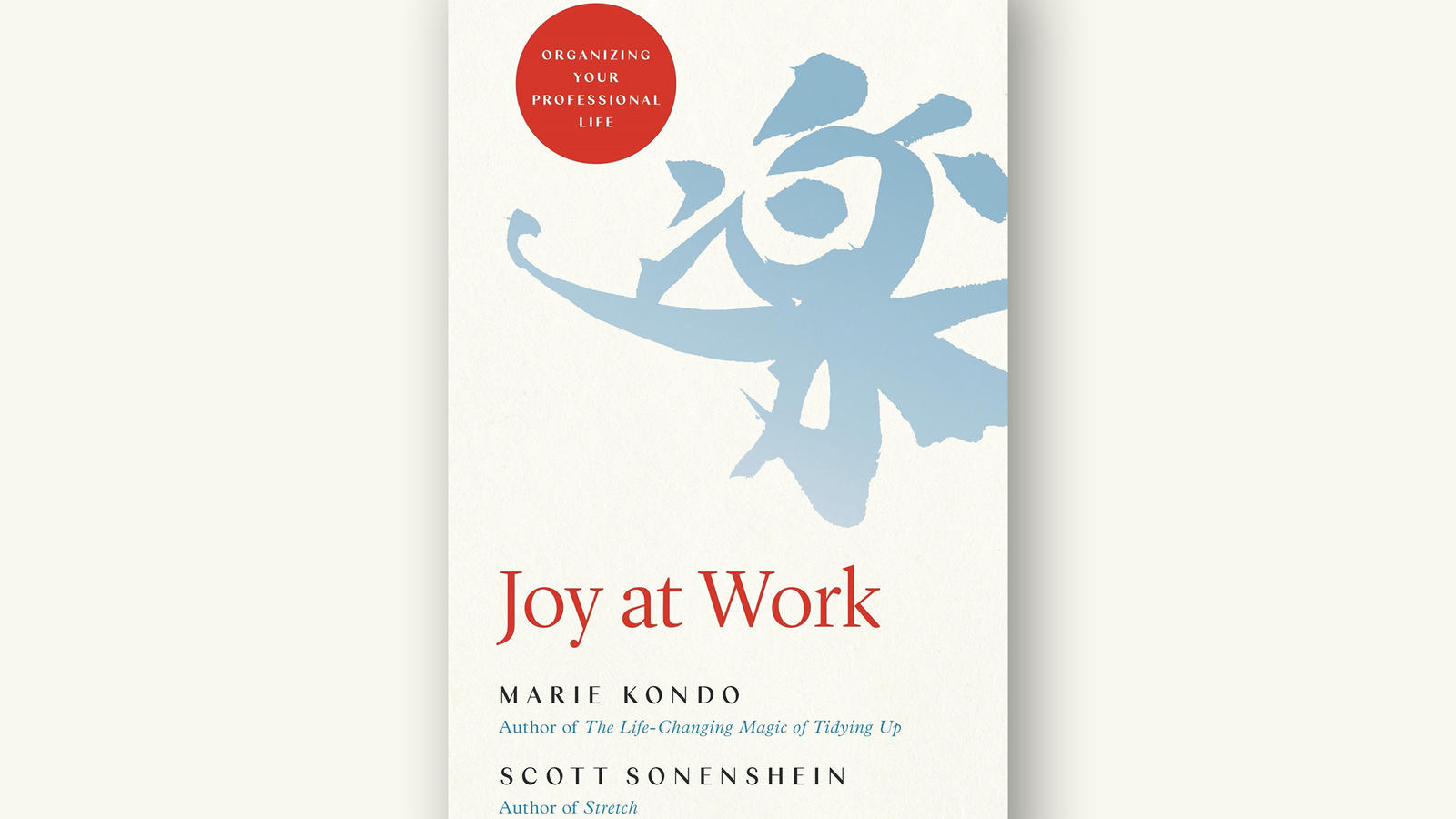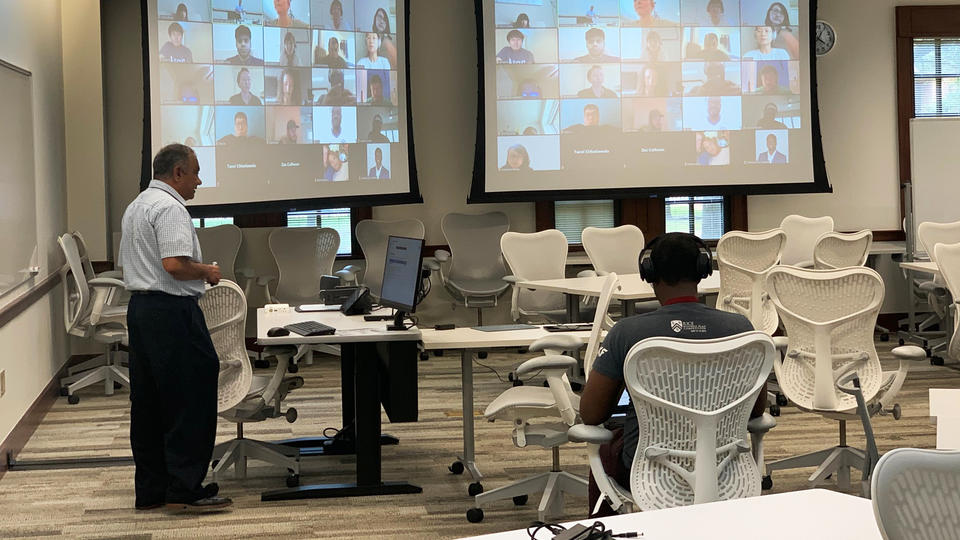"Joy At Work" Excerpt

An excerpt from “Joy at Work” explains why urgent tasks shouldn’t always be our top priority.
In their new book, “Joy at Work: Organizing Your Professional Life,” tidying expert Marie Kondo and organizational psychologist Scott Sonenshein, the Henry Gardiner Symonds Professor of Management at Rice Business, offer tips for decluttering your work — literally and figuratively. What follows is a section from the book on how to triage your tasks so you don’t waste valuable time on urgent assignments that aren’t truly important.
Instead of making time to dive deeply into our work and experience the joy that can come from tackling an important task, we jump from one seemingly urgent task to the next. That leaves us with very little time to think or grow. Research finds that half of an executive’s activities last less than nine minutes, leaving them without much time for deep thought. Factory foremen average 583 discrete activities for an eight-hour shift. Mid-level employees average only one thirty-minute or greater uninterrupted time block about once every other day.
If you’re like most, you work on autopilot, accepting and completing assignments based on what appears most urgent, rather than what’s actually most important. It’s no surprise, then, that more than 50 percent of people feel overwhelmed at least some of the time, which leads to mistakes at work, anger at employers, and resentment toward coworkers.
Guided by psychological quirks that make us think the most urgent activities are also the most important, we often prioritize the wrong ones. Don’t confuse urgent and important tasks. They’re not the same.
Urgent tasks are those that must be done by a certain time. If not, they can’t be done at all — joining a client for dinner on the only day she’s in town, helping a colleague meet a project deadline, or attending an annual team retreat.
Important tasks are different. There are big positive outcomes for performing them or big negative consequences for not performing them. Examples include personal development, for instance, through reading and education; updating a product; and developing a good relationship with colleagues.
Some tasks are both important and urgent, and most people prioritize them — whether filing taxes, responding to a job offer, or smoothing things over with an upset customer. Not surprisingly, we usually and correctly deprioritize non-urgent, non-important tasks — whether it’s mindlessly checking social media or shopping online during work hours (at least most of the time!).
If you’re trying to feel good — at least in the short term — checking off an urgent task makes sense. In the long term, however, you’re not doing the type of work that really matters to your career and company.
Joy At Work
By Marie Kondo and Scott Sonenshein
What about tasks that are urgent but not important, such as attending a weekly company gathering or answering a phone call from a colleague, or that are important but not urgent, such as long-term career planning? Think about it for a minute: What are you likely to work on today? Probably the urgent tasks.
There’s a reason why we usually prioritize urgent tasks over important ones. Important tasks tend to be more difficult to complete than urgent ones, making us more reluctant to start them. Urgent tasks have a more immediate payoff, making them more enticing to start and pleasing to finish. If you’re trying to feel good — at least in the short term — checking off an urgent task makes sense. In the long term, however, you’re not doing the type of work that really matters to your career and company.
We also get tricked into focusing on urgent tasks through artificial deadlines. There’s a lot of “fake urgency” at work. After a coworker or client asked you to get back to them within a week, have you ever wondered where the week deadline came from? Too often, it’s completely arbitrary. Double-check to make sure a deadline is really the deadline.
And it turns out when we think we’re busy with other stuff even if we’re not, we’re even more prone to being pushed around by fake urgency. With so much to do and now another pressing deadline before us, who has time to figure out which “important” task we should complete first?
Excerpted from JOY AT WORK © 2020 by KonMari Media Inc. and Scott Sonenshein.
Used with permission of Little, Brown and Company, New York. All rights reserved.


